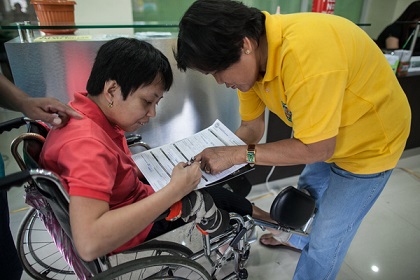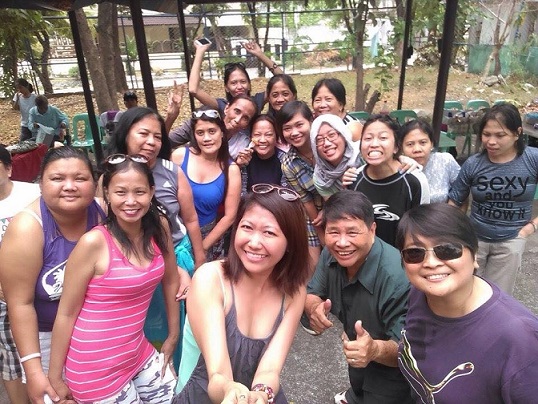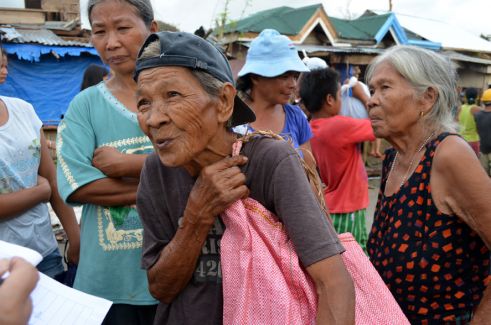By Davinci Maru, Philippine Center for Investigative Journalism
IN TRADITIONAL SOCIETIES, the home remains the primary domain of women. They are often relegated to supposedly feminine roles as child-bearers and housekeepers, or as all-around nurturer of families.
Exactly 79 years ago, on April 30, 1937, Filipino women gained the right to vote and to run for public office. But it was 30 years earlier or in 1907 when Filipino men of some education and property claimed that right.
Starting 2004, a new trend has emerged — that of the number of women outpacing the men in the league of registered voters.

During the 2004 general elections, there were 17,014,643 registered female voters and only 16,495,449 male voters, for a gap of 3.1 percent.
In the 2007 legislative and local elections, the difference was slightly lower at 2.6 percent. There were 16,503,110 registered female voters compared to 16,084,962 registered male voters.
In the 2010 elections, however, the gender gap rose to five percent in favor of the women. There were 19,068,323 registered female voters and 18,155,722 registered male voters.
In the May 2013 elections, there were 27,406,600 registered female voters than men, 26,379,623 voters, for a variance of 3.9 percent.
For the May 2016 elections, there are 28,052,138 registered female voters and only 26,311,706 male voters, a sharp 6.6 percent difference.
In 2013, the top provinces with more registered female voters than male voters were the National Capital Region (NCR), Cavite, Cebu, Rizal, and Laguna.

In contrast though, some of the provinces beset with conflict, such as North Cotabato, Sultan Kudarat, and Maguindanao, registered bigger numbers of male voters.

For Filipino women. exercising their right of suffrage came much later. They were denied their right to vote and deemed not fit to join the affairs of the government, under the country’s first election law or Act 1582. They were allowed to cast their vote for the first time only in 1937.
Article V, Section 1 of the 1935 Constitution stated that “the National Assembly shall extend the right of suffrage to women, if in a plebiscite which shall be held for that purpose within two years after the adoption of this Constitution, not less than three hundred thousand women possessing the necessary qualifications shall vote affirmatively on the question.”
On April 30, 1937, the date set for the plebiscite, a total of 447,725 women cast their votes in favor of women’s suffrage.
In truth, however, politics, remains a man’s world in the Philippines. Still more men than women hold the reins of power, on all levels of officialdom.
In a statement dated April 30, 2015, the Philippine Commission on Women (PWC) notes that, “statistics show that women hold 25 percent of seats in the Senate and 27 percent in the House of Representatives.”
“At the local level,” it added, “women comprise 22.5 percent of gubernatorial posts, 18.5 percent of vice gubernatorial posts, and 20.86 percent of mayoralty posts.”
There has been some major improvement with respect to women’s rights in the political landscape, but many women in power still come from the ranks of traditional political families, serving as benchwarmers for the menfolk of their clans.
Of the 44,448 candidates in 2013, only 18 percent or 7.921 were women. Of the 33 candidates for senator, only eight were women. And of the 630 candidates who ran for district representatives, only one in six or 125 were women.
What’s evident in the May 2016 elections, though, is that women have become a significant, discerning community of voters.
Currently, only three women are seeking the highest offices of the land – Grace Poe and Miriam Defensor-Santiago are two of five candidates contesting the presidency, and Leni Robredo, one of six candidates for vice-president. — PCIJ, March 2016





